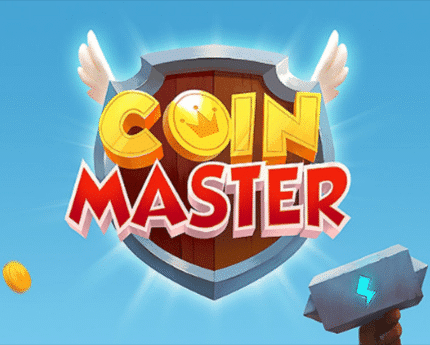The games “Coin Master,” “Coin Trip” and “Coin Kingdom” are not harmful to minors within the meaning of the German Youth Protection Act, ruled the Federal Review Board for Media Harmful to Minors.
While further threats to the personal integrity of children and youth would result from the play structure. This includes play facilities that can lead to excessive use as well as damage to the financial interests of children and youth. However, these hazards are considered so-called interaction risks. By contrast, indexing protects children and young people from content-related confrontation risks on the basis of applicable law. Interaction risks are not currently covered by the law on the protection of minors, which is decisive for the decision on listing, and were not the subject of the procedures carried out.
Media that endanger the development and upbringing of children or adolescents to become independent and socially competent personalities are considered to be socially and ethically disorienting and are to be indicated.
Simulated gambling, as it is found in simulated slot machines in the apps that are the subject of the proceedings, has not been the subject of the Federal Review Board’s adjudication practice to date.
Due to the scientifically proven effect of simulated gambling, the interactive gaming action can basically lead to the imprinting of positively colored gambling attitudes, a desensitization to gambling losses, the promotion of unrealistic profit expectations as well as to a (faster) switch to real gambling. This leads to a trivialization of gambling and a concomitant promotion of the willingness to consume among children and adolescents who are susceptible to it.
According to the BPjM, however, the Federal Review Board’s well-established practice, which has been confirmed by case law, regarding consumer products with addictive potential must be expanded to include the glorification or trivialization of gambling in order to cover this harmful effect on minors. According to the panel’s assessment, this fact was not fulfilled in the contested apps in the proceedings in question on the basis of the aforementioned current purely media content-based orientation of the German Protection of Minors Act.
This was due in particular to the fact that the visualization of the slot machines also had elements that differed from real slot machines, the flow of the game was repeatedly interrupted by other game actions and, in addition to winning coins, other alternatives relevant to the game could be won.
A “real-world” behavior triggered by this was not seen in the evaluation.
The decision should be a good guide for numerous game app providers that use gacha-like elements for monetization in the games to assess the permissibility of their own app. The decision is also likely to point the way for providers of esports tournaments and esports competitions who want to pit games against each other and pay out certain sums of money to winners.


















